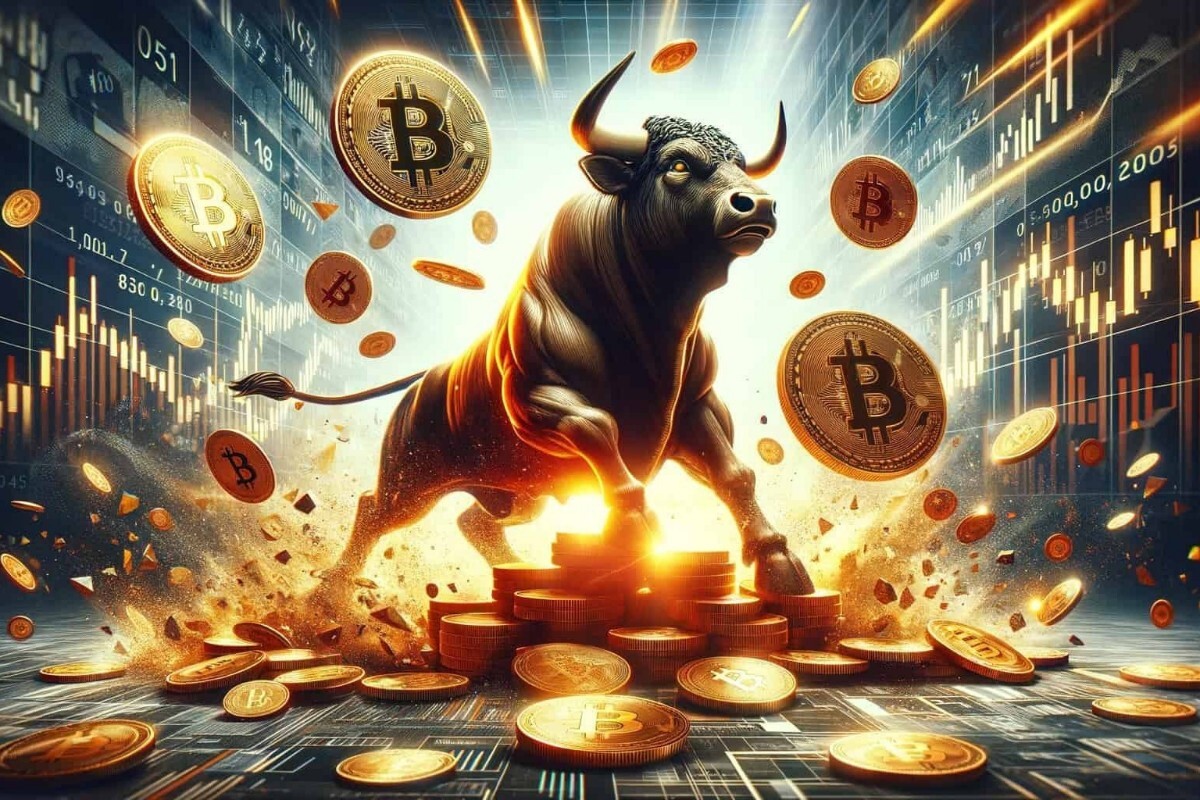Increasing tariff implementation under President Donald Trump may be influencing a near-term price decline for Bitcoin, but a Grayscale report suggests that the changing global trade dynamics could benefit the top crypto asset.
The crypto asset manager’s report suggests that tariffs and their contribution towards stagflation—an economic state in which there is high or growing inflation alongside low or slowing GDP—may ultimately lead to underperformance of traditional assets. However, historical periods of stagflation can be more favorable to scarce commodities.
“Bitcoin is too young for us to know how it would have behaved in past episodes, but historical data shows that stagflation tends to be negative for traditional asset returns and favorable for scarce commodities like gold,” the report reads.
Data shared in the report indicates that while equities and bonds underperformed the rate of inflation during the 1970s, “the price of gold appreciated at an annualized rate of about 30%, significantly above the rate of inflation”
In addition to stagflation potentially benefiting scarce assets, Grayscale’s report notes that trade tensions may also put pressure on demand for the U.S. dollar, potentially supporting Bitcoin adoption.
“If trade tensions result in weaker ties to the U.S. economy and/or USD-based financial markets, countries may accelerate the diversification of their foreign exchange reserves,” the report says.
“In our view, disruptions to the dollar-centric international trade and financial system could result in more reserve diversification by central banks, including into Bitcoin,” it adds.
For now, only Iran’s Central Bank maintains a line item for Bitcoin on its balance sheet according to the report, but sovereign wealth funds hold Bitcoin investments and the United States is creating its own Strategic Bitcoin Reserve—potentially legitimizing its place as a diversified reserve asset.
Though Grayscale concedes that much is uncertain, the report notes that the best guess “is that U.S. government policy will result in sustained dollar weakness and generally above-target inflation over the next 1-3 years.”
Those conditions could promote an environment that boosts both the adoption and price of the leading cryptocurrency.
Bitcoin has given back a lot of Wednesday’s gains and is now trading at $79,150—a 1.8% increase in the last 24 hours, though it’s down nearly 4% over the last week.
Edited by Andrew Hayward
















No comments yet